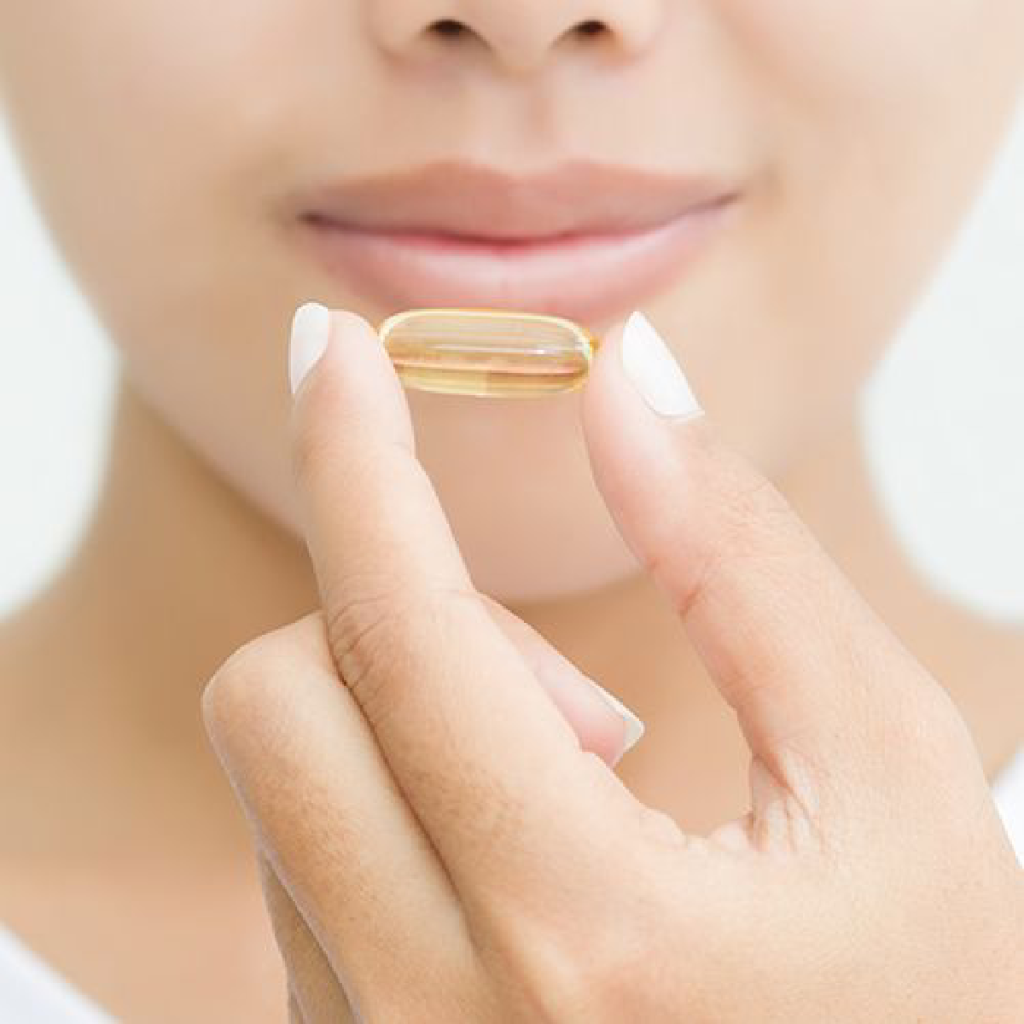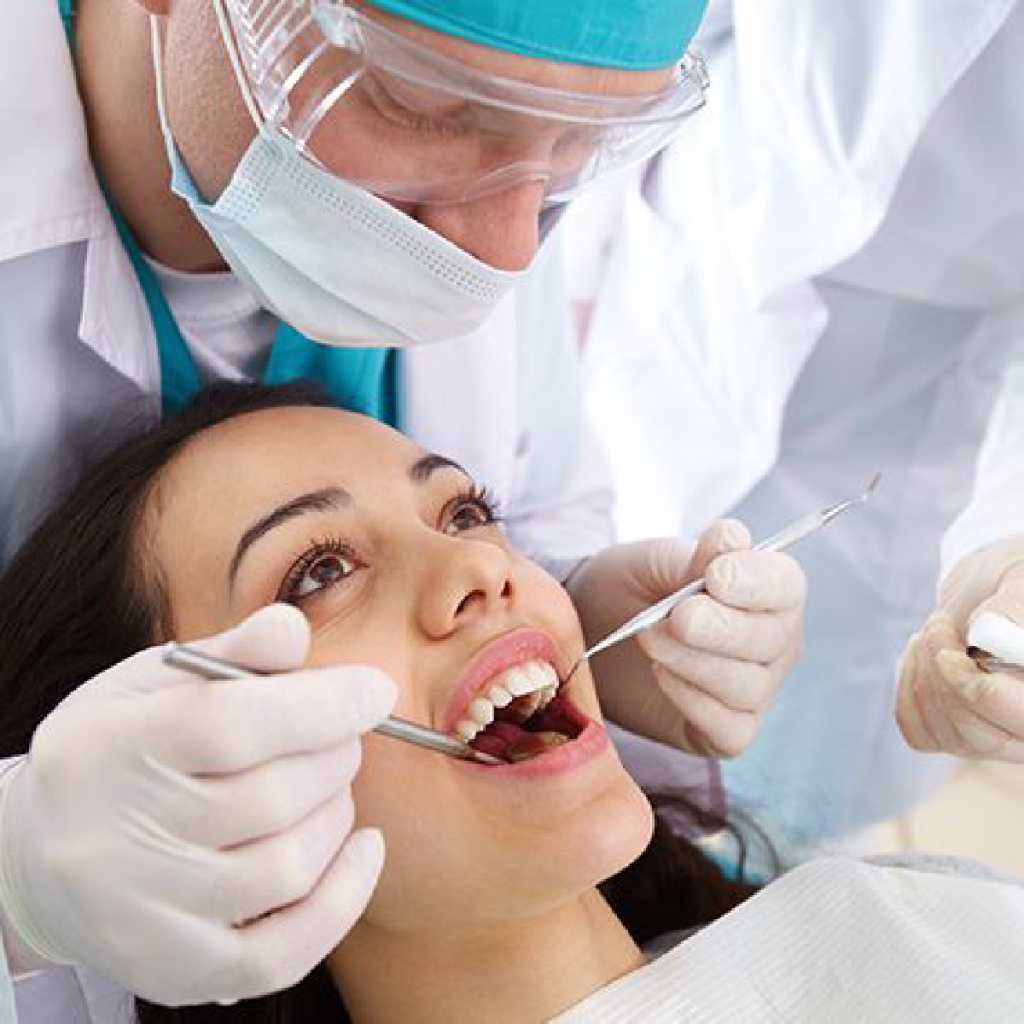Discover how certain medications can potentially impact your oral health.
Can Certain Medications Impact Oral Health?
Have you ever wondered if the medications you take could have an effect on your oral health? Well, you’re not alone! Many people are unaware of the connection between medication and oral health. But fear not, dear reader, for we are here to shed some light on this fascinating topic and provide you with some valuable insights!

Understanding the Connection Between Medication and Oral Health
Let’s start by delving into the role that medication plays in maintaining oral health. You see, certain medications can have direct or indirect effects on your pearly whites and gums. Whether it’s that innocent-looking pill or the syrupy elixir you have to swallow, these substances can sometimes wreak havoc on your oral health.
The Role of Medication in Oral Health
Medication, in its various forms, can alter the natural balance in your mouth. You may be wondering what this means. Well, dear reader, it simply means that some medications can disrupt the normal flow of saliva in your mouth, leading to dryness. And let me tell you, dryness is not your mouth’s best friend when it comes to oral health.
How Medications Can Affect Oral Health
Now, let’s dive into the nitty-gritty of how medications can affect your oral health. Picture this: you take a pill, and it starts its journey through your digestive system. Along the way, it gets absorbed into your bloodstream, making its way to your mouth. Once it reaches your oral cavity, it can interact with the natural flora in your mouth, potentially causing some unwanted side effects.
One common side effect is dry mouth, also known as xerostomia. You see, saliva is like your mouth’s superhero. It helps wash away food particles, neutralize acids, and prevent tooth decay. But when medication interferes with saliva production, it leaves your mouth looking like a barren desert. And trust me, it’s not a pretty sight!
But dry mouth is not the only way medications can affect your oral health. Some medications can cause changes in taste perception, making your favorite foods suddenly taste strange or unpleasant. Imagine biting into a juicy apple, only to find it tastes like cardboard. Not the most appetizing experience, right?
Furthermore, certain medications can increase the risk of gum disease. You see, when saliva production decreases, harmful bacteria can thrive in your mouth, leading to inflammation and infection of the gums. This can result in redness, swelling, and even bleeding when you brush or floss your teeth. It’s like a war zone in your mouth, and the bacteria are winning!
Additionally, some medications can cause oral ulcers or sores. These painful lesions can make it difficult to eat, speak, or even smile. They can be a real nuisance and take away the joy of enjoying your favorite meals or engaging in social interactions.
It’s important to note that not all medications have negative effects on oral health. In fact, some medications, such as fluoride supplements or mouth rinses, can actually help strengthen your teeth and prevent cavities. So, it’s not all doom and gloom!
Now that you have a better understanding of how medications can affect your oral health, it’s crucial to communicate with your healthcare provider and dentist about any medications you are taking. They can provide guidance on how to minimize the potential oral health side effects and ensure that your pearly whites stay healthy and happy.
Types of Medications That Can Impact Oral Health
Now that we understand how medications can throw a wrench in your oral health, let’s dig into the different types of medications that can cause some mischief. Brace yourself, dear reader, for there are two categories we shall explore: over-the-counter medications and prescription medications.
Over-the-Counter Medications and Oral Health
Oh, those sneaky over-the-counter medications! You might think they’re harmless, innocently sitting on the pharmacy shelf, waiting to help you with that nagging headache or runny nose. But beware, for some of them can have unintended consequences for your oral health.
For instance, certain antihistamines can cause dry mouth as a side effect. So, while they may provide some much-needed relief for your allergies, they might leave your mouth feeling as parched as a desert! It’s a classic case of giving with one hand and taking with the other.
But that’s not all. Over-the-counter pain relievers, such as nonsteroidal anti-inflammatory drugs (NSAIDs), can also have an impact on your oral health. These medications, while effective in reducing pain and inflammation, can increase the risk of bleeding gums. So, while you may find relief from that throbbing toothache, you might also notice a bit of blood when you brush your teeth.
And let’s not forget about cough drops and throat lozenges. While they may soothe your sore throat, some of them contain high levels of sugar, which can contribute to tooth decay. So, while you’re enjoying that temporary relief, your teeth may be paying the price.
Prescription Medications and Oral Health
Now, let’s turn our attention to the big guns: prescription medications. These potent little pills have the power to address serious health conditions, but they can also have some oral health repercussions.
Some antidepressants, for example, can cause dry mouth as a common side effect. So, while they may lighten your mood, they could leave your saliva production feeling a bit down in the dumps. It’s a trade-off that you should be aware of when considering these medications.
But dry mouth is not the only concern when it comes to prescription medications. Certain medications used to treat high blood pressure, such as beta blockers, can cause a condition called gingival overgrowth. This condition is characterized by an abnormal growth of gum tissue, which can lead to discomfort and difficulty in maintaining good oral hygiene.
And let’s not forget about the impact of medications on tooth discoloration. Some antibiotics, such as tetracycline, can cause permanent staining of the teeth, especially when taken during childhood. So, while these medications may be necessary for treating infections, they can leave a lasting mark on your pearly whites.
It’s important to note that not all medications will have these oral health effects, and the severity of the impact can vary from person to person. However, it’s always a good idea to discuss any potential oral health concerns with your healthcare provider when starting a new medication.
Potential Oral Health Problems Caused by Medications
So, what are some of the specific oral health problems that can be caused by medications? Buckle up, dear reader, for we are about to embark on a journey through some potential pitfalls.
Medications, while often necessary for treating various health conditions, can sometimes bring unwanted side effects to our oral health. Let’s dive deeper into two common offenders: dry mouth and gum disease.
Dry Mouth and Medications
As we’ve mentioned before, dry mouth is one of the common offenders when it comes to oral health problems caused by medications. Imagine feeling as though your mouth has turned into the Sahara Desert, devoid of the nourishing flow of saliva. Not only does dry mouth make it harder to speak or swallow, but it also creates the perfect breeding ground for bacteria that can cause bad breath and tooth decay. Yikes!
When certain medications interfere with saliva production, the consequences can be more than just discomfort. Saliva plays a crucial role in maintaining oral health by washing away food particles, neutralizing acids, and preventing the growth of harmful bacteria. Without an adequate saliva flow, these essential functions are compromised, leaving your mouth vulnerable to a host of problems.
But fear not, dear reader, for there are ways to combat the dreaded dry mouth. Sipping water frequently, chewing sugar-free gum, and using saliva substitutes are some strategies that can help alleviate the discomfort. Additionally, your dentist may recommend specific oral rinses or prescribe medications that stimulate saliva production. Remember, staying hydrated is key!
Gum Disease Related to Medications
But wait, there’s more! Some medications can also increase your risk of developing gum disease. You might be thinking, “But I take good care of my oral hygiene! How could this happen?” Well, dear reader, certain medications can mess with your body’s ability to fight off bacteria, making your gums more susceptible to inflammation and infection. That’s why it’s essential to stay vigilant and brush and floss like a dental superhero!
Gum disease, also known as periodontal disease, is a serious condition that affects the tissues surrounding the teeth. It starts with the buildup of plaque, a sticky film of bacteria, on the teeth and gums. Normally, our immune system helps keep these bacteria in check, but certain medications can weaken this defense mechanism, allowing the bacteria to multiply and cause damage.
It’s important to note that not all medications have this effect, but some commonly prescribed drugs, such as anticonvulsants, immunosuppressants, and certain heart medications, have been associated with an increased risk of gum disease. If you’re taking any of these medications, it’s crucial to inform your dentist so they can tailor your oral care routine accordingly.
Preventing gum disease involves a combination of good oral hygiene practices and regular dental check-ups. Brushing your teeth twice a day, flossing daily, and using an antimicrobial mouthwash can help keep those pesky bacteria at bay. Additionally, professional cleanings and periodontal treatments may be necessary to manage gum disease effectively.
So, dear reader, as you can see, medications can sometimes bring unwelcome surprises to our oral health. However, armed with knowledge and a proactive approach to oral care, we can minimize the risks and maintain a healthy smile. Remember, when it comes to your oral health, prevention is key!
Preventive Measures to Protect Oral Health
Now that we’ve explored the potential perils of medication on your oral health, let’s discuss some preventive measures you can take to keep your pearly whites in top-notch shape!
Regular Dental Check-ups and Medication Use
One of the most crucial steps you can take is to maintain regular dental check-ups, especially if you’re taking any medications. Your dentist can keep a close eye on your oral health and identify any potential issues before they snowball into bigger problems. So, don’t be shy; make that appointment and let your dentist work their magic!
Oral Hygiene Practices for Medication Users
Another key aspect of protecting your oral health is practicing proper oral hygiene, even if you’re on medication. Brushing your teeth twice a day, flossing regularly, and using mouthwash can help keep bacteria at bay and maintain a healthy mouth. And who wouldn’t want a dazzling smile that lights up the room?
Consultation and Communication with Healthcare Providers
Last but certainly not least, dear reader, it’s crucial to maintain open and honest communication with your healthcare providers. Let them know about any medications you’re taking and any concerns you have about their potential impact on your oral health.

Discussing Medication Use with Your Dentist
During your dental visits, don’t forget to talk to your dentist about the medications you’re taking. They can provide personalized advice tailored to your specific situation and help you navigate any potential challenges that may arise. Remember, your dentist is your ally in the quest for optimal oral health!
Understanding the Side Effects of Your Medication
Lastly, take the time to educate yourself about the side effects of the medications you’re taking. Knowledge is power, dear reader, and being aware of how your medications may impact your oral health can empower you to take proactive measures to mitigate any potential issues.
So, dear reader, the next time you’re handed a prescription or reach for that over-the-counter medication, remember that it could have implications for your oral health. Stay informed, stay vigilant, and most importantly, keep that smile shining bright!






